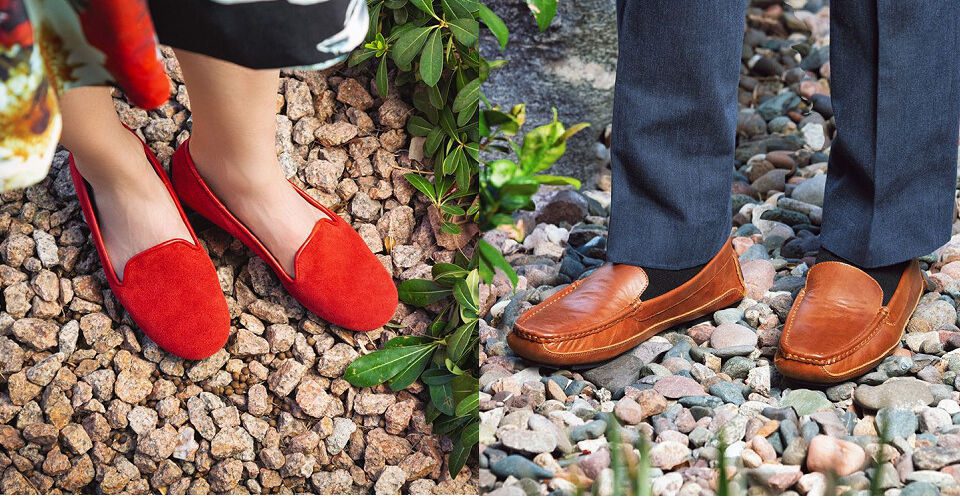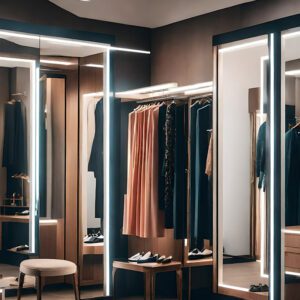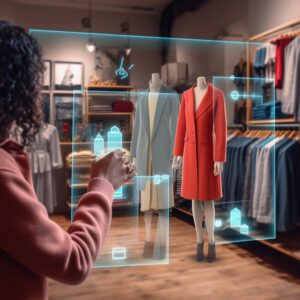 If you think “grounding” is just the name of the punishment sitcom parents are always threatening their naughty kids with, think again. “Grounding” also has a biomechanical meaning related to electricity, and it has become the inspiration for footwear manufacturer and retailer Harmony783. In this case, grounding refers to connecting humans with the earth’s electrical field through their feet, and numerous scientific papers have made the case that such a connection improves health by reducing inflammation and anxiety, increasing circulation, normalizing blood pressure and even providing pain relief.
If you think “grounding” is just the name of the punishment sitcom parents are always threatening their naughty kids with, think again. “Grounding” also has a biomechanical meaning related to electricity, and it has become the inspiration for footwear manufacturer and retailer Harmony783. In this case, grounding refers to connecting humans with the earth’s electrical field through their feet, and numerous scientific papers have made the case that such a connection improves health by reducing inflammation and anxiety, increasing circulation, normalizing blood pressure and even providing pain relief.
Sharon Whiteley is a retail industry veteran and the Founder and CEO of Harmony783: the name is a nod to the Schumann Resonance of 7.83 Hz, the frequency of the earth’s electrical heartbeat. The men’s and women’s shoes are made with materials (including carbon, rubber, silver and an algae-based compound in the midsoles) that allow for the conduction of electricity between the earth and the wearer’s body. Harmony783 also is a reinvention of pluggz, a grounding shoe company that Whiteley sold in 2017 but recently reacquired.
Retail TouchPoints (RTP): I understand that although the Harmony783 company is nearly two years old, selling to consumers only started recently. How have sales been going?
Sharon Whiteley: Our site went live with a soft launch around Christmas 2020, but beginning in February and March 2021, we’ve been selling a lot of shoes. There was a big following with pluggz, and reacquiring that company has allowed us to re-establish relationships with 10,000 pluggz fans. We’re also using the pluggz tech, the carbon and rubber plug.
Advertisement
Now, we’re offering a line of shoes that are adorable, cute and biomechanically correct. I realized that running around in high heels killed my feet, but I also didn’t want to look fuddy-duddy and like an old lady. We also emphasize sustainability, down to the tape we use with our packaging. Consumers today are much more aware of the things that are important to them, and sustainability is important to people.
RTP: How did you get the original idea for selling grounding shoes?
Whiteley: I was at a trade show and saw a booth that demonstrated products that you plug into a grounding port. I walked about 10 feet down the aisle and thought, ‘What better way to get grounded than through your feet?’ So, shoes! That was my a-ha moment. The earth is an electrical field, and our bodies are electrical systems. People used to go barefoot or wear leather shoes, which are conductive, allowing electrons from the earth to connect with people’s electrons.
That led to pluggz, which was an amazing line of shoes, but the zeitgeist of the times wasn’t as attuned to the messages about grounding [in the middle of the 2010s]. I sold the company in 2017. In the time between selling pluggz and starting Harmony783, I had a heart attack, and I attribute being grounded to saving my life. I hadn’t been looking to start another shoe company, but I also wanted to bring this full circle, and saw that the time was riper now.
RTP: The retail industry as a whole has been through one of its toughest years. What’s your take on the industry’s health and future?
Whiteley: Retail was changing even before the pandemic, particularly department stores and specialty retail. When you go into a department store, you see inventory commitments, big footprints and huge overhead — things that will strangle a lot of people.
In terms of malls — one thing I learned from working with Jim Rouse [the real estate developer behind marketplaces like Faneuil Hall in Boston] was that people need to live, work and play in an environment for retail to flourish there. So I think many malls will move into mixed use, becoming community places rather than just shopping centers.
RTP: What kinds of retail business models do you think have the best chance of succeeding in the post-pandemic environment?
Whiteley: I’m a huge believer in experiential retail. Smart retailers will offer something more than products, they’ll offer experiences. Additionally, they will need to be fanatics for customer care. Everyone will have to be much more tuned into who their customers are and how they serve them, because people are more discriminating now.
Additionally, store footprints will be smaller, and retailers will need to be buying much more immediately than they have in the past. The traditional retail business, where you bought all your inventory at two big shows each year — that model is long gone.
For Harmony783, I could see a physical retail component — perhaps a 750-square-foot retail store where people could come in and get grounded. There would be faux grass and a juice bar.
Overall, there will need to be a real reimagining of retail. I’m not talking about just adapting what we have. The changes that have happened recently are seismic — as seismic as the change in moving from the wholesale/retail model to online shopping was.









